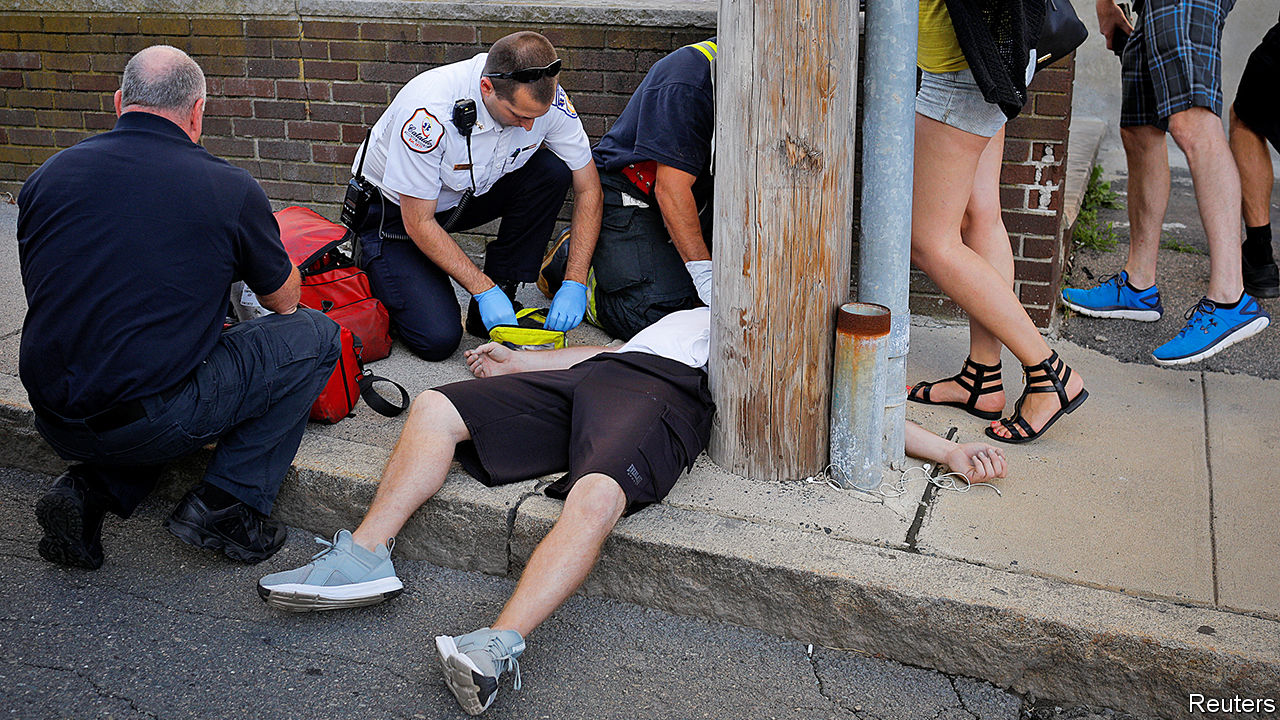|
The Bio-Pharmaceutical Complex
 credit: economist credit: economist
Are pharmaceutical companies a public nuisance? Depends on who you ask.
The Case
A year ago, Huntington and Cabell County, West Virginia, brought the country’s biggest three pharmaceutical distributors to court for fueling the opioid epidemic in the region.
McKesson Corp, AmerisourceBergen Corp, and Cardinal Health Inc created a public nuisance, the plaintiffs argued, with their marketing and the delivery of over 127 million painkillers to pharmacies in the county between 2006 and 2014. According to Bloomberg, that is “about 142 pills annually for each man, woman and child in the area.”
The Verdict
US District Judge David Faber delivered his decision Monday. According to the ruling, the public nuisance law was meant to hold a single company responsible for polluted air or water. “The extension of the law of nuisance to cover the marketing and sale of opioids is inconsistent with the history and traditional notions of nuisance,” the judge wrote.
State courts in California and Oklahoma have also denied the public nuisance argument in similar opioid cases, but a New York state court and a federal court in Ohio went with it.
It is natural to look for a responsible party for something like the opioid crisis, which has been linked to more than 500,000 overdose deaths over the last two decades, according to Reuters.
Are pharmaceutical companies to blame? The courts are split.
|









































